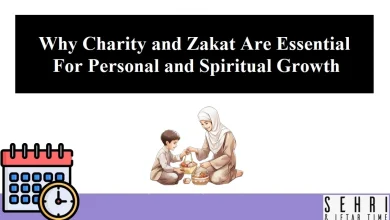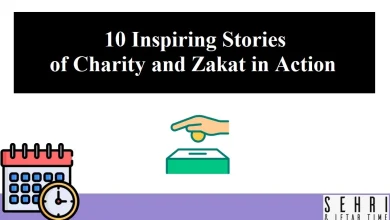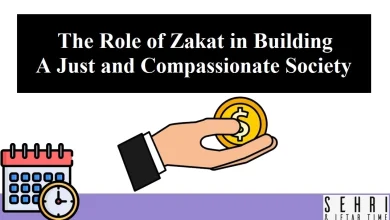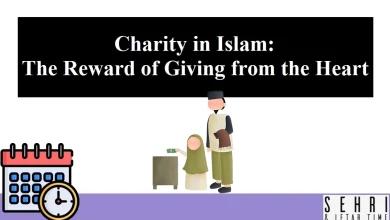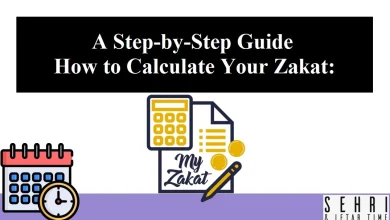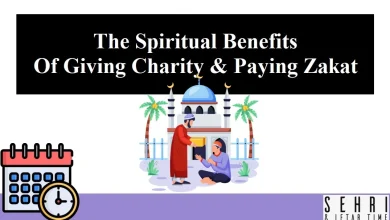The Impact of Zakat on Reducing Poverty and Inequality
The Impact of Zakat on Reducing Poverty & Inequality
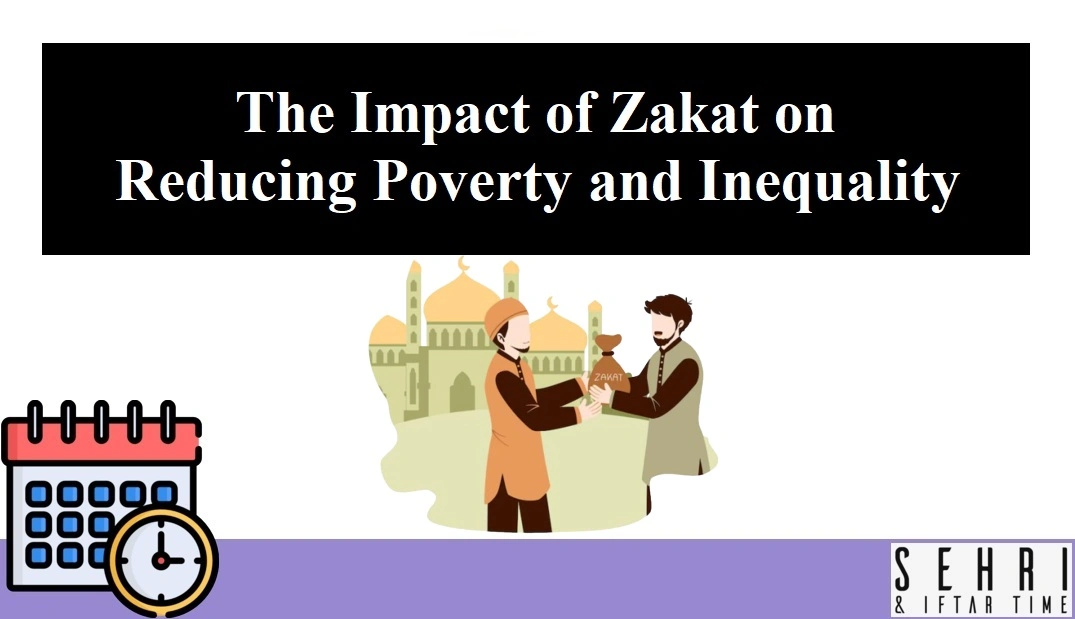
The Impact of Zakat on Reducing Poverty and Inequality: Zakat, one of the Five Pillars of Islam, is a unique system of obligatory charity that has the potential to create profound social and economic change. Beyond its religious significance, Zakat is a powerful tool for alleviating poverty, reducing inequality, and fostering a sense of community and solidarity among Muslims worldwide. By redistributing wealth from the affluent to the needy, Zakat ensures that resources circulate in society, empowering the underprivileged and creating a more balanced and just social structure.
Understanding Zakat: A Divine Economic System
Zakat is not merely an act of generosity but an essential obligation for every eligible Muslim. It mandates that 2.5% of one’s surplus wealth be given annually to specific categories of recipients as outlined in the Quran. These include the poor, the needy, debt-ridden individuals, and others who qualify for assistance (Surah At-Tawbah, 9:60). Unlike voluntary charity, Zakat is calculated systematically, ensuring that wealth flows from those with excess to those in genuine need.
How Zakat Reduces Poverty
The primary aim of Zakat is to uplift those living in poverty and provide them with the means to achieve self-sufficiency. Here’s how Zakat contributes to reducing poverty:
- Addressing Immediate Needs: Zakat provides essential financial support for basic needs such as food, clothing, and shelter. This immediate relief prevents vulnerable individuals from falling further into poverty.
- Empowering the Poor: Zakat funds can be used to provide education, vocational training, or start-up capital for small businesses, enabling recipients to achieve economic independence. By investing in long-term solutions, Zakat helps break the cycle of poverty.
- Supporting Social Safety Nets: In many communities, Zakat serves as an informal social safety net, filling gaps where government programs may be insufficient or non-existent. This ensures that marginalized groups are not left behind.
Zakat’s Role in Reducing Inequality
Economic disparity is one of the most pressing issues of our time. Zakat plays a critical role in addressing this challenge by narrowing the wealth gap between the rich and the poor:
- Redistribution of Wealth: Zakat ensures that a portion of wealth from the affluent is redistributed to those less fortunate, fostering economic balance and reducing social tensions.
- Promoting Social Equity: By obligating wealthy individuals to contribute to society, Zakat helps create a culture of responsibility and accountability. This system promotes inclusivity and ensures that everyone has access to basic resources and opportunities.
- Preventing Hoarding: Islam strongly discourages the accumulation of wealth without purpose. Zakat discourages hoarding by mandating that surplus wealth be used for the betterment of society. This circulation of resources stimulates economic activity and benefits the broader community.
Real-World Examples of Zakat’s Impact
Across the globe, Zakat has transformed countless lives and communities. Here are a few examples:
- Educational Opportunities: In many countries, Zakat funds have been used to build schools, provide scholarships, and ensure access to quality education for underprivileged children. This investment in human capital has far-reaching benefits for society.
- Healthcare Access: Zakat has funded hospitals, medical camps, and health insurance for those who cannot afford medical care. By addressing health disparities, Zakat improves the overall well-being of communities.
- Economic Empowerment: Microfinance initiatives funded by Zakat have enabled small entrepreneurs to start businesses, creating jobs and boosting local economies. These programs empower individuals to contribute actively to their communities.
The Spiritual and Social Benefits of Zakat
While Zakat has tangible economic benefits, its impact extends far beyond financial assistance. By fulfilling their Zakat obligations, Muslims experience spiritual growth and strengthen their relationship with Allah. This act of worship instills a sense of humility, gratitude, and compassion in the giver.
On a societal level, Zakat fosters unity and solidarity. When wealthier members of the community actively support the less fortunate, it builds trust and mutual respect. This sense of collective responsibility enhances social cohesion and reduces feelings of alienation or resentment among different socio-economic groups.
Challenges in Zakat Distribution
Despite its immense potential, the effective distribution of Zakat faces several challenges:
- Lack of Awareness: Many eligible Muslims are unaware of their Zakat obligations or how to calculate and distribute it properly.
- Inefficient Systems: In some regions, the absence of organized Zakat collection and distribution systems leads to uneven or ineffective allocation of funds.
- Fraud and Mismanagement: Without proper oversight, Zakat funds can be misused, depriving deserving recipients of much-needed assistance.
To overcome these challenges, there is a need for greater education about Zakat, robust institutional frameworks, and transparent mechanisms to ensure that funds are utilized efficiently.
Conclusion
Zakat is a divine solution to some of the most pressing social and economic challenges of our time. Its emphasis on wealth redistribution, poverty alleviation, and social justice makes it a powerful tool for reducing poverty and inequality. By fulfilling their Zakat obligations, Muslims not only purify their wealth and earn Allah’s blessings but also contribute to the betterment of society as a whole.
In a world increasingly plagued by economic disparity, the principles of Zakat offer a timeless and effective approach to creating a fair and equitable society. Let us embrace this sacred duty with sincerity and commitment, knowing that our contributions can transform lives and pave the way for a more compassionate and just world.
